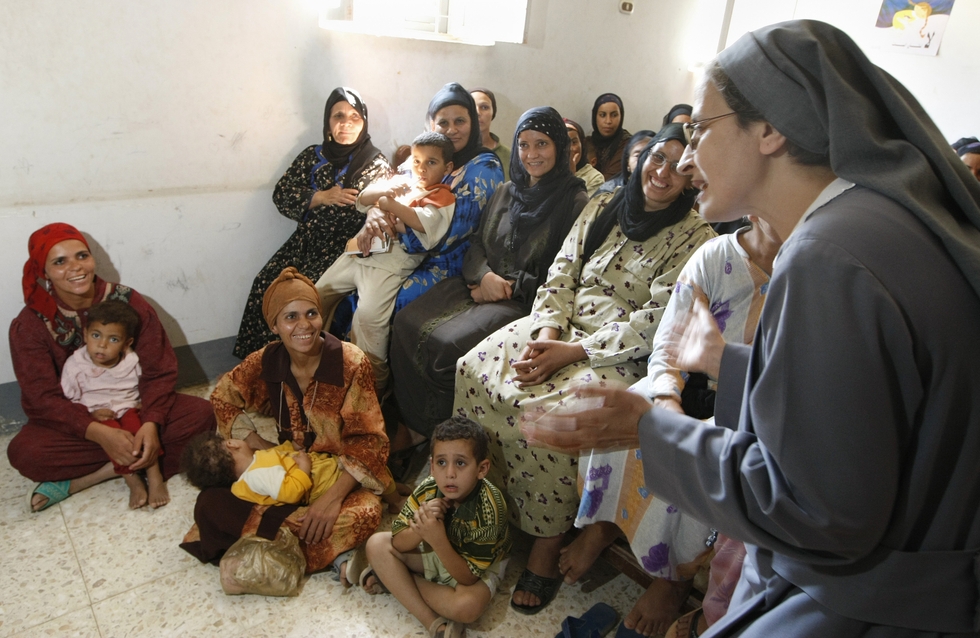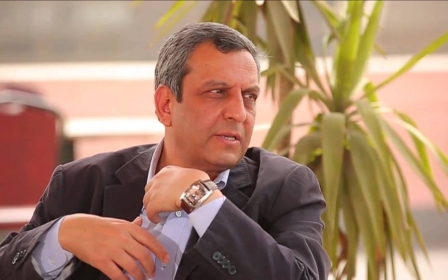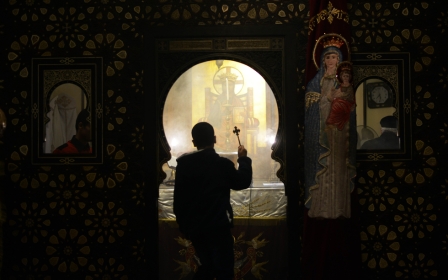Egypt investigates girl's death from female circumcision operation

Egyptian prosecutors are investigating the death of a teenage girl during a female circumcision operation at a private hospital, health ministry and prosecution officials said on Monday.
Seventeen-year-old Mayar Mohamed Mousa died in El Canal hospital on Sunday while under full anaesthesia in the province of Suez, said Lotfi Abdel-Samee, the health ministry undersecretary in the province.
"This is something that the law has prohibited," stressed Abdel-Samee.
Despite the ban in 2008, female genital mutilation (FGM) is an ancient circumcision practice that's widespread in the Nile basin countries and in other parts of Africa, where a surgeon removes the clitoris or both the clitoris and labia minora.
The law led to the first prison sentence against a doctor in Egypt in January last year, with the girl's father in that case given a three-month suspended sentence.
In a Middle East Eye report on FGM back in February, Abdul Abdelaty, a human rights lawyer said that the operation is cheap and profitable for doctors performing the illegal operation.
“The operation is illegal, but still really cheap. Doctors ask between $1 and $15 to do it because there is a high demand and a constant flow of cash. The economic aspect - it is really important, and it can be stopped only by enforcing the law.”
On Sunday, Mousa's sister had just undergone the operation before she was sent in for surgery.
The girls' mother is a nurse, while their late father was a surgeon. A registered female doctor, according to Abdel-Samee, carried out the operation.
Authorities shut down the hospital on Monday after transferring patients to other hospitals as prosecutors questioned the hospital manager and medical staff involved in the operation, Abdel-Samee said.
They have also spoken to the mother, a prosecution official said.
The case was opened after a health inspector reported the circumstances of the girl's death.
Medical examiners have carried out an autopsy, and are due to report the cause of death, said Abdel-Samee.
While 200 million women and girls worldwide have been subjected to the practise, there have been major strides in Egypt, as well as Liberia, Burkina Faso and Kenya against FGM, according to Claudia Cappa, the lead author of a February UN children's agency report on the issue.
"The latest figures from the Egypt Demographic and Health Survey show that we’re winning," the United Nations Development Programme said in a report last year.
"Mothers’ attitudes are changing, too," UNDP said.
While 92 percent of mothers have undergone the procedure, only 35 percent of them "intend to circumcise their daughters," according to the UNDP report.
FGM is highly entrenched in tradition and culture, especially in rural communities, as it is associated with chastity and sexual moderation. It is believed that preventing the woman from feeling sexual pleasure will help her to control her desire and she will not commit adultery.
Victims of the procedure are left to cope with a range of consequences from bleeding and pain while urinating, extreme discomfort during sex, fatal complications in childbirth and deep psychological trauma.
New MEE newsletter: Jerusalem Dispatch
Sign up to get the latest insights and analysis on Israel-Palestine, alongside Turkey Unpacked and other MEE newsletters
Middle East Eye delivers independent and unrivalled coverage and analysis of the Middle East, North Africa and beyond. To learn more about republishing this content and the associated fees, please fill out this form. More about MEE can be found here.




